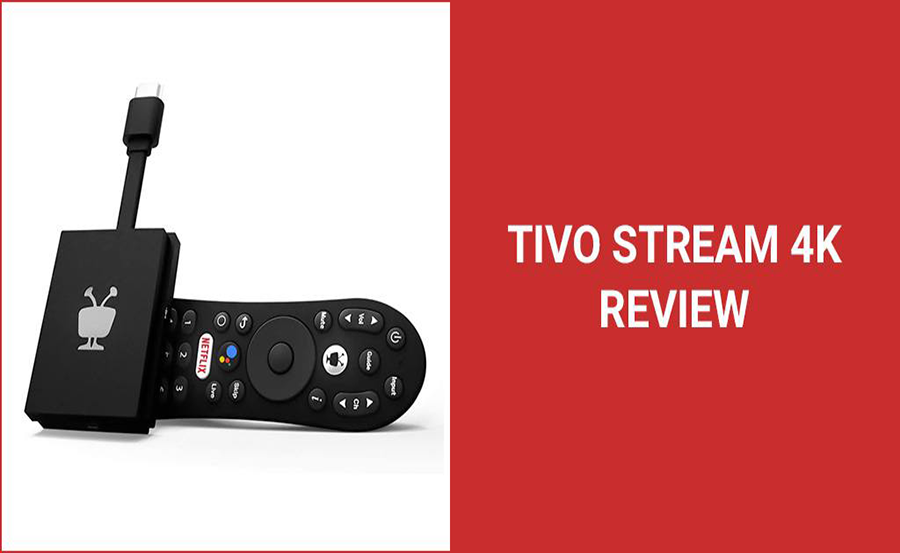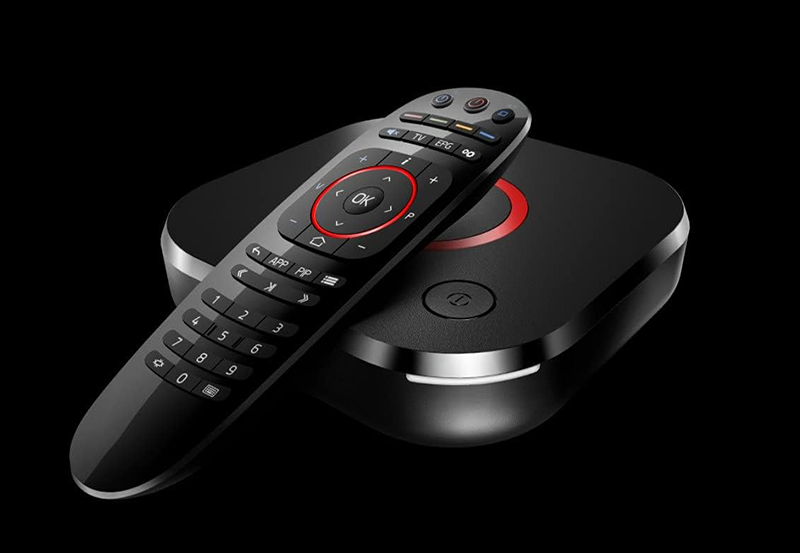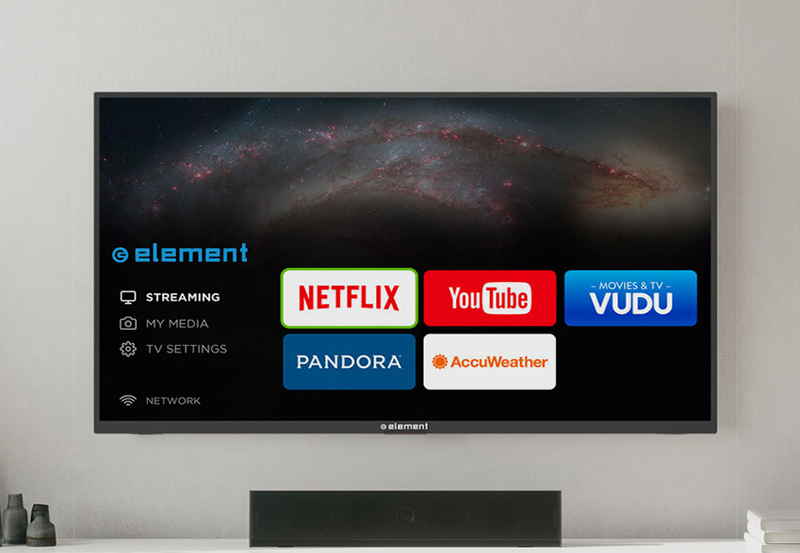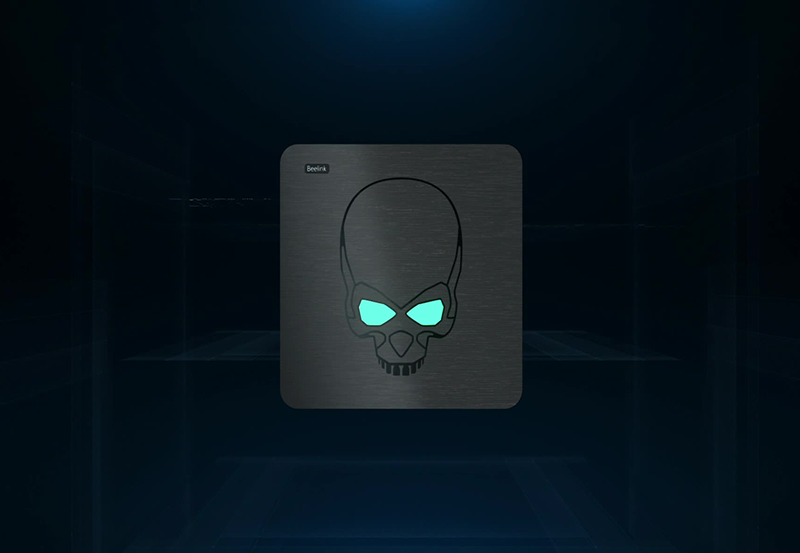Buffering issues can turn a great streaming experience into a frustrating one, particularly when using a device as promising as the TiVo Stream 4K. In this article, we dive into effective strategies to minimize those annoying pauses. Whether you’re using DuplexIPTV or exploring the Best IPTV UK options, mastering the art of smooth streaming is essential. Grab a coffee and let’s get started as we explore practical tips and tricks to enhance your TiVo streaming experience.
Understanding Buffering: The Basics
Before addressing buffering issues on your TiVo Stream 4K, it’s crucial to grasp what buffering actually entails. In simple terms, buffering occurs when there’s a disruption in data flow from the server to your device, causing delays in playback. It’s like when you’re trying to fill up a glass of water, but there’s a kink in the hose. Not ideal, right?
Common Causes of Buffering
Numerous factors contribute to buffering, and identifying them is the first step in solving the problem:
Quick Tip:
Discover premium UK TV channels with IPTV for UK channels and enjoy all your favorites.
- Slow Internet Connection: A sluggish connection means the data can’t keep up with your viewing.
- Network Congestion: Too many devices connected can bog down your network, leading to buffering.
- Server Issues: Sometimes, the problem is on the streaming service’s end.
- Device Performance: Outdated software or insufficient processing power may cause delays.
How Buffering Affects TiVo Users
For those using the TiVo Stream 4K, buffering can disrupt the otherwise impressive capabilities of the device. Whether you’re enjoying UK IPTV content or leveraging DuplexIPTV services, interruptions are a major hindrance. Fast-forwarding through commercials, binge-watching your favorite series, or even catching the latest sports match—buffering can spoil all of this.
Optimizing Your Internet Connection
Assessing Your Connection Speed
Start by checking whether your internet speed meets the requirements for streaming. Most streaming services recommend a minimum speed of 5 Mbps for HD content and 25 Mbps for 4K. You can use various online speed tests to assess your current download and upload speeds.
Steps to Conduct a Speed Test
- Choose a reliable speed test service online.
- Connect directly to your modem or router using an Ethernet cable for accuracy.
- Run the test multiple times at different times of the day to gauge average performance.
Enhancing Wi-Fi Performance
To reduce buffering, ensure that your Wi-Fi signal is strong and stable. Consider the following approaches:
- Reposition your router for optimal coverage.
- Upgrade to a dual-band router to manage traffic better.
- Limit the number of connected devices during streaming.
Configuring TiVo Stream 4K Settings
Updating Software and Firmware
Your device’s performance heavily depends on having the latest software updates. These updates often include fixes and enhancements that improve streaming quality. Periodically check for updates in the TiVo settings menu and ensure everything is up to date.
Adjusting Streaming Quality
While 4K resolution is enticing, it demands substantial bandwidth. If buffering persists, consider lowering the video quality to 1080p or less. This small adjustment can make a big difference when your network is under strain.
Making the Most of IPTV Services
Leveraging IPTV for Better Experience
IPTV services like DuplexIPTV and others in the Best IPTV UK market offer a wide range of content. To optimize these services:
- Choose reliable IPTV providers known for stable streams.
- Regularly update any IPTL apps to benefit from the latest improvements.
- Consider wired connections for a buffer-free experience.
Troubleshooting IPTV Buffering Problems
If buffering continues while using your preferred IPTV service, there are specific steps you can take:
- Clear the app’s cache and reset network settings.
- Reach out to the IPTV provider for additional troubleshooting tips.
- Experiment with different IPTV players that may offer better performance.
Your Environment Matters: External Factors
Reducing Interference
External factors, like interference from other electronics, can also impact buffering. Take some time to evaluate your home’s setup:
- Avoid placing your Wi-Fi router near microwaves and cordless phones.
- Consider using powerline adapters if running Ethernet cables isn’t feasible.
- Time your streaming sessions to off-peak hours when possible.
Device Maintenance Tips
Keeping your TiVo Stream 4K device in top shape can prevent many issues:
- Regularly clear cache and unnecessary apps to free up memory.
- Restart your device weekly to ensure smooth operation.
- Keep hardware components dust-free to avoid overheating.
Creative Solutions for Persistent Issues
Trying Out VPNs and Proxy Servers
Sometimes, using a VPN or proxy server can help bypass network throttling or restrictions that could lead to buffering. However, it’s important to choose reputable services to maintain a secure and stable connection.
Embracing Advanced Streaming Technology
Technology is constantly evolving, and new solutions emerge regularly. Consider exploring cutting-edge products like mesh Wi-Fi systems or network extenders to enhance your streaming experience.
Setting Up a Support System
Utilizing TiVo Support Resources
When all else fails, TiVo support is an excellent resource for troubleshooting persistent buffering issues. Visit their website, check community forums, or contact support directly for specialized assistance.
Engaging with Online Communities
Online communities can be a great place to find tips shared by fellow users. Platforms like Reddit and TiVo enthusiasts’ forums often have threads dedicated to solving common streaming problems.
FAQ Section

What internet speed is ideal for TiVo Stream 4K?
A minimum of 25 Mbps is recommended for 4K streaming, though speeds of 50 Mbps or higher are ideal for an optimal experience, especially when multiple devices are connected.
Can a VPN improve my streaming quality?
In some cases, a VPN can help if your ISP is throttling your connection while streaming. Choose a high-quality VPN service to maintain a fast and secure connection.
Is it necessary to use a wired connection?
While not necessary, a wired connection often provides a more stable and faster internet connection, reducing buffering issues commonly associated with Wi-Fi.
How often should I update the TiVo Stream 4K firmware?
Check for firmware updates every few months. Manufacturers release updates to improve device performance and address security vulnerabilities regularly.
Are there specific settings to adjust to reduce buffering?
Yes, consider adjusting video quality settings, limiting background app activity, and ensuring device firmware is updated to minimize buffering.
By employing these best practices, buffering can become a thing of the past, allowing you to fully enjoy your TiVo Stream 4K experience—whether relishing in DuplexIPTV services or exploring the Best IPTV UK has to offer. Happy streaming!
Step-by-Step Guide to Updating Your Apple TV Software





